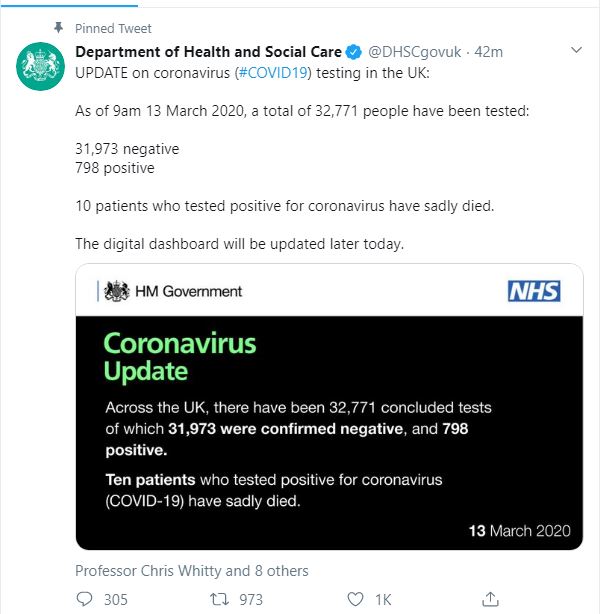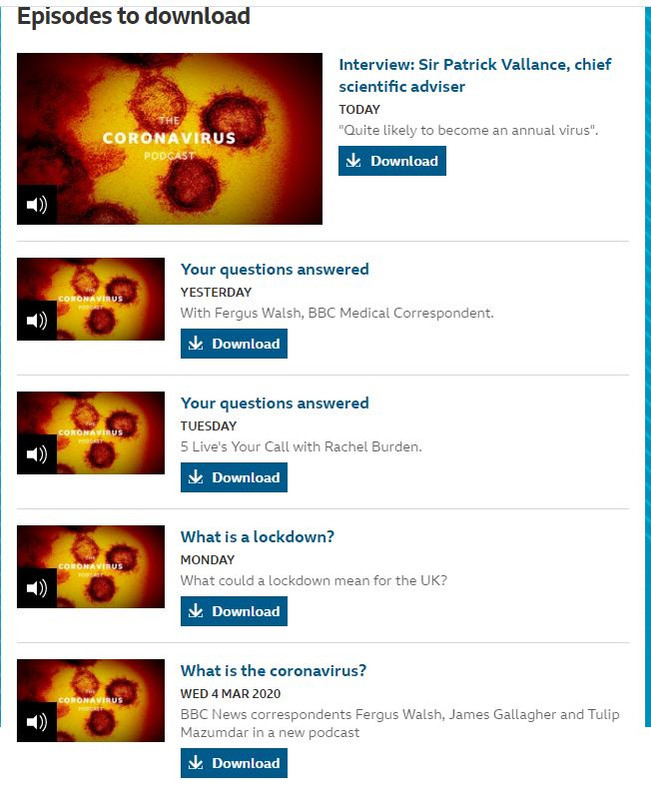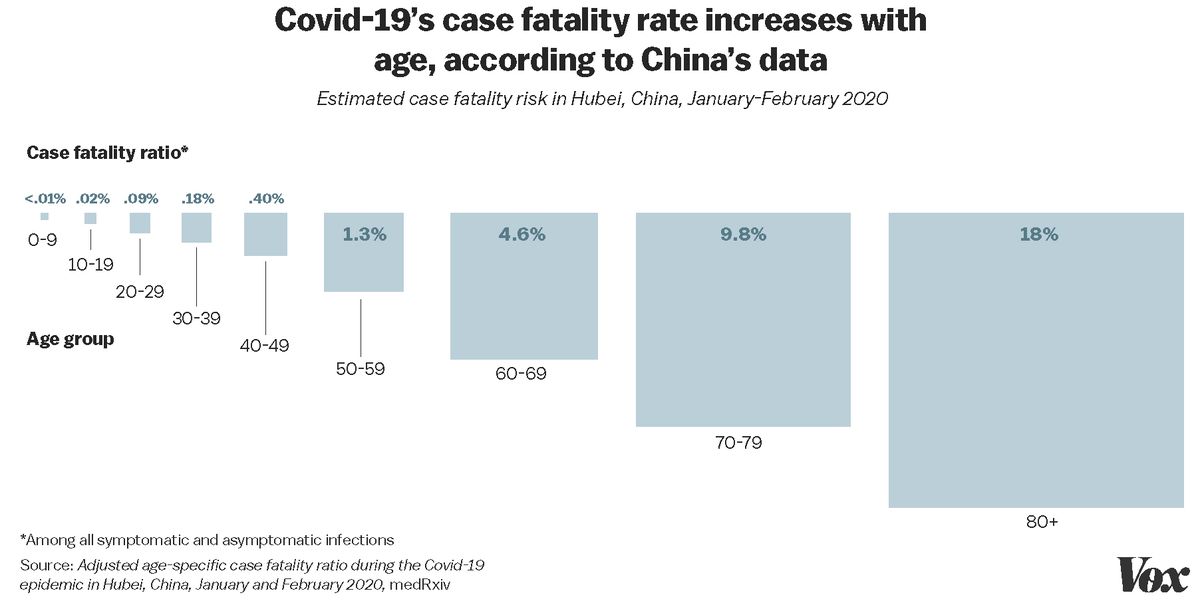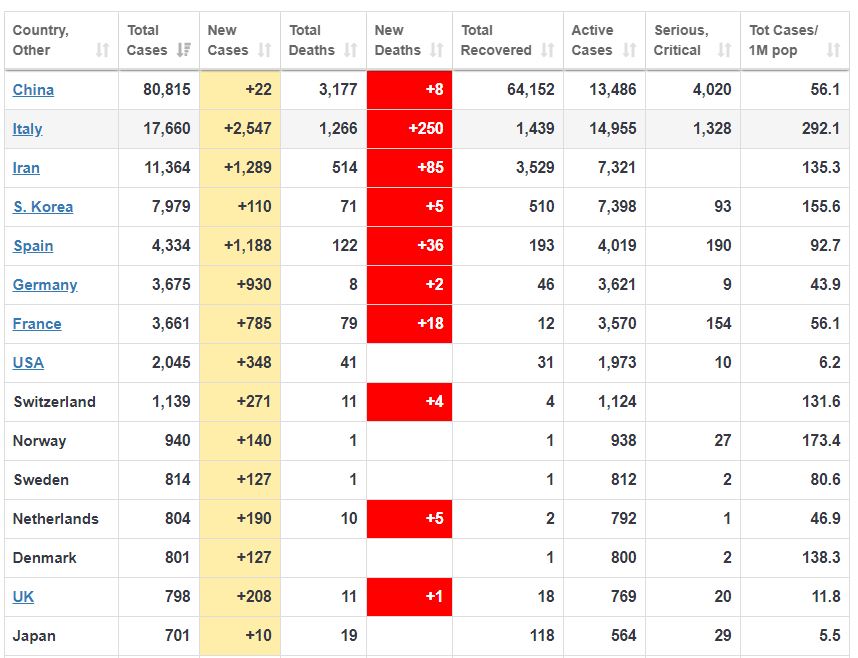I would still question the logic of not closing school as children can spread it to each other and bring it back home, without showing any symtoms.
That's because school closures are genuinely a debatable one - there are good arguments that on epidemiological grounds you are much better off with first closing public transport and eg gyms (there's more gym members than school kids, lots of bodily fluids spread around, no baby-sitting issues). A lot depends on what the kids do when school is off - if they all stay at home not socialising with other kids, and diligently washing their hands etc then closing schools helps, but in the real world they hang out with kids and you get transmission anyway. Meanwhile a lot of them will be babysat by vulnerable grandparents, or parents who take time off work - a problem if the parents are healthworkers.
Also school needs to be off for months to have a real effect, which really disrupts those taking life-changing exams. Probably the least bad way of doing it is to ask that kids who can stay home do, but school continues for children of healthworkers and those who would otherwise be babysat by grandparents.
No. I didn't think so either, but I read it as if it meant there were no plans to prevent exposure so that we can reach the "immunity threshold" as quickly as possible. I'll read it again.
The plan seems to be not to avoid exposure altogether, but to tread that fine line between flattening the curve so that you don't exceed the health system's ability to cope, getting the worst of it done before next winter (and the regular pressure on the NHS in winter), and getting an immune response in the majority of people - which in the absence of a vaccine means getting most healthy people infected at some point, in order to slow transmission in the population as the only way to protect the vulnerable.
The big difference is that the UK government and their advisors seems to be that they think you can't contain this forever, so on a long-term view you need to get people immune rather than having extreme sanctions that close it down in the short-term, but you're playing whack-a-mole for eternity.
At least that's my understanding of what's going on.
This interview with a modeller of epidemics on Newsnight gives an idea of where HMG are coming from :
This is a good summary of what to do from the BMJ :
https://blogs.bmj.com/bmj/2020/02/2...rt-of-the-public-health-response-to-covid-19/
A good summary of where we are from a US perspective :
https://www.linkedin.com/content-gu...-expert-panel-march-10-dr-jordan-shlain-m-d-/













































